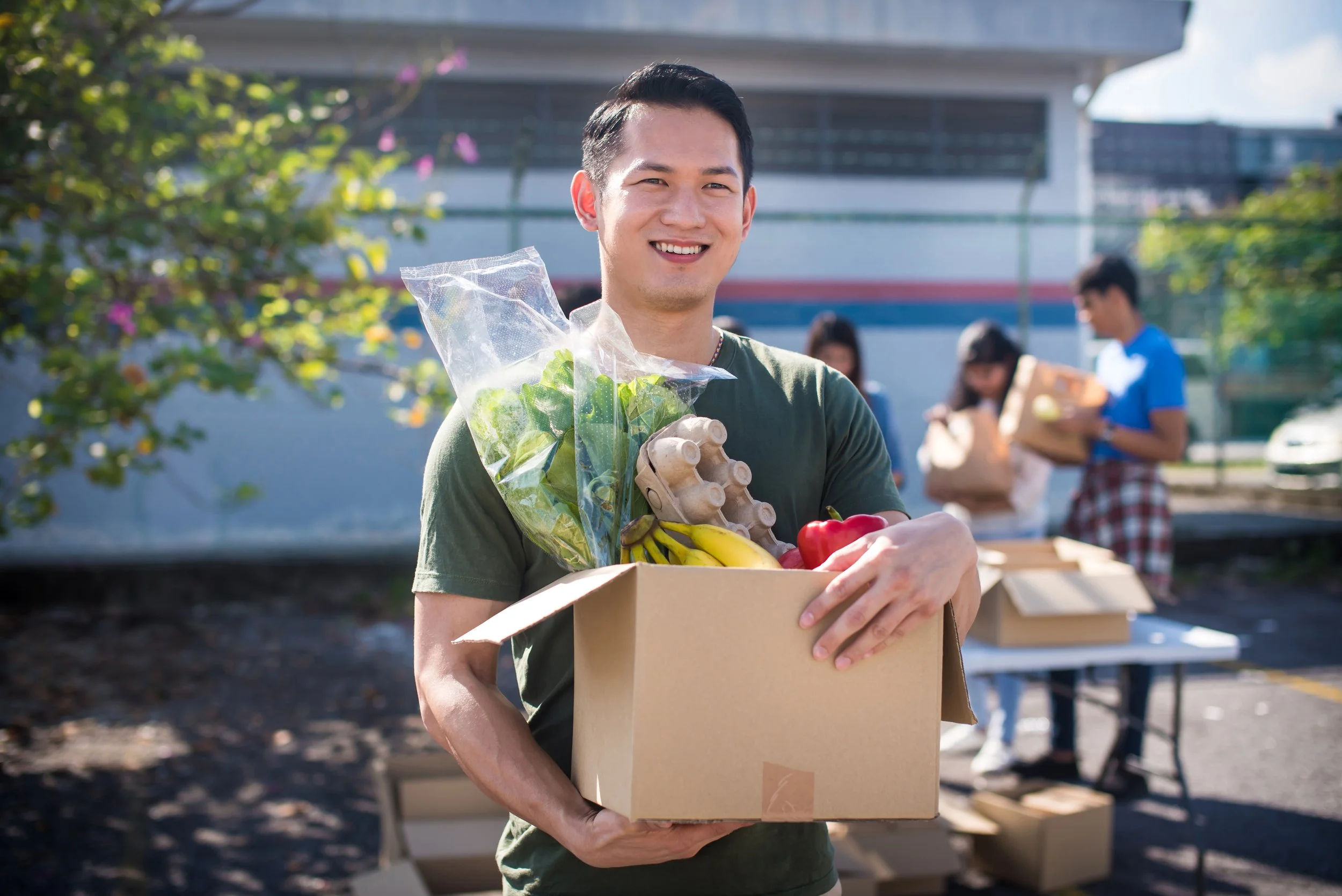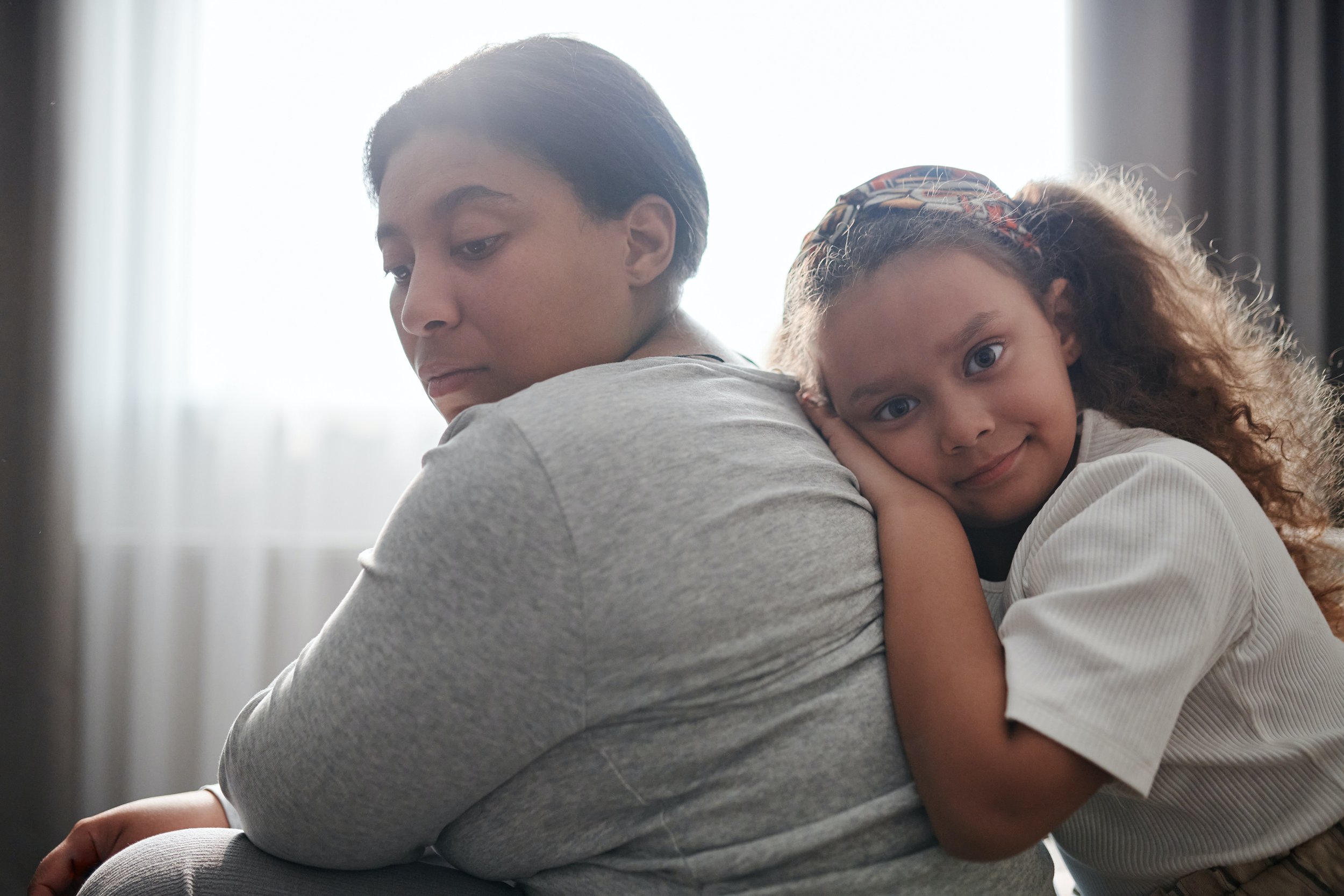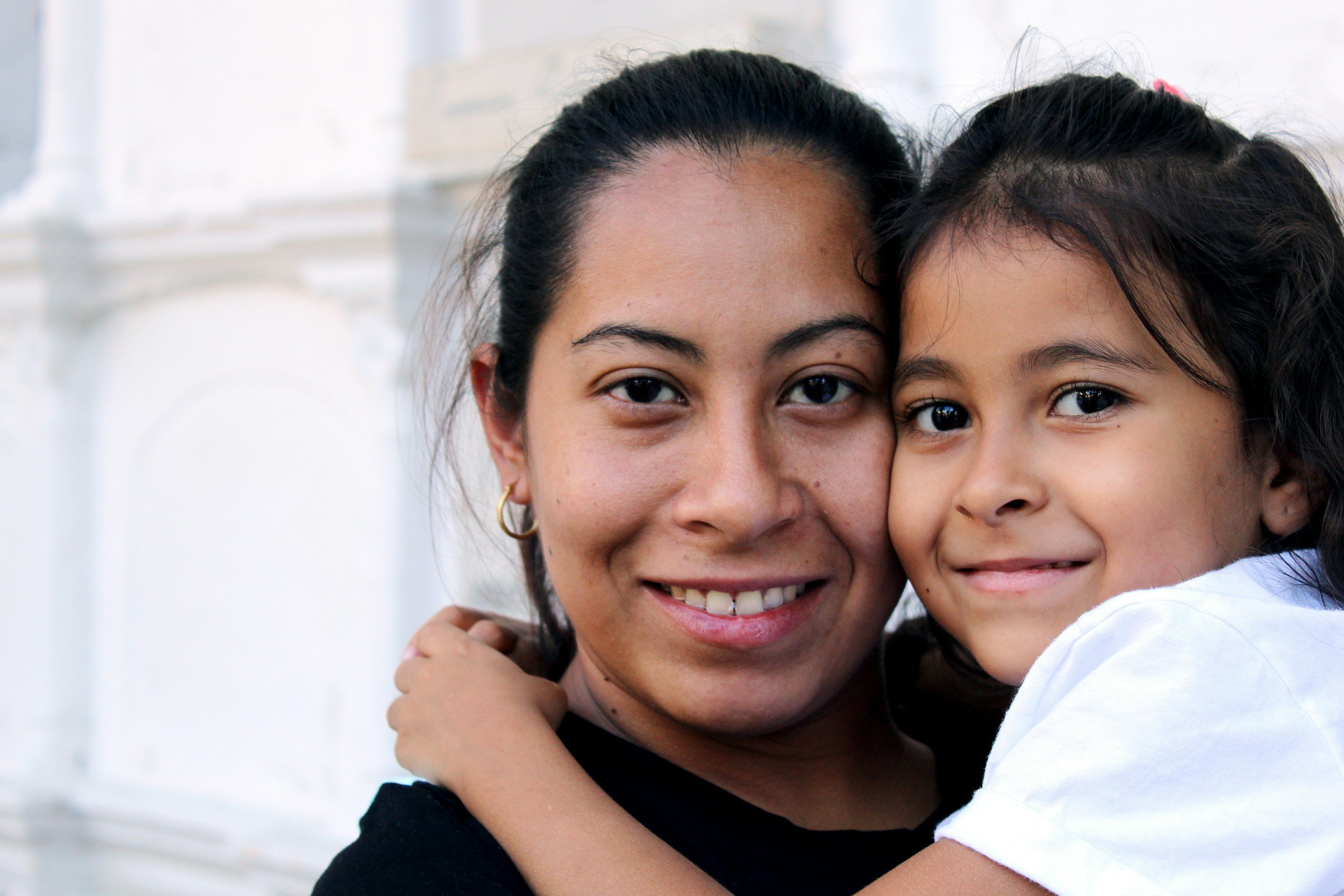
The great Skyline adventure: Hawaiʻi Appleseed tests the walkability of areas around rail stops
Success will require partnership across state and county lines, but the goal is shared: turning the areas around rail lines and high capacity bus routes into places where people can live, work and meet daily needs without the necessity of getting back into a car.

Taking policy local: how to shape county action on food security
Counties may not always be centered in the food security conversation, but they are some of Hawaiʻi’s most powerful leaders in combating hunger.

A turning point for SNAP: Strengthening local supports for Hawaiʻi households
Hawaiʻi has an opportunity to build a more resilient, community-driven food system—one that protects families regardless of federal uncertainty.

Keiki Ride Free: Building a more connected Hawaiʻi
By removing financial barriers to public transit, Hawaiʻi can empower young people to participate fully in their communities, while easing family costs and supporting climate goals.

Can Hawaiʻi afford to cut the grocery tax?
Any proposal to reduce or remove the GET on food must be paired with a credible plan for replacing the revenue. It’s a challenge, but also an opportunity to build a fairer and more sustainable system.

Proposal to raise transit fares will hurt Oʻahu riders
Increasing transit fares while household budgets are already stretched thin risks pushing out the very riders who rely on TheBus the most while decreasing ridership and revenue.

The chilling effect: How federal cuts and immigration crackdowns threaten food security in Hawaiʻi
The mega budget bill that Congress recently passed narrows who can access critical programs like SNAP and Medicaid, while fueling fear and confusion about who can safely apply for assistance in the wake of increased immigration enforcement.

Incoming federal tax cuts will heavily favor Hawaiʻi’s wealthiest residents
The State of Hawaiʻi has an obligation to shore up its revenue through tax policies that make the wealthiest among us pay their fair share.

Hawaiʻi’s 2025 legislature focused on raising tax revenue to prepare for federal cuts
Assessing a proper tax rate on corporations and the wealthy will be necessary to produce a budget that can fund critical safety net programs and investments in our future.

Transformative housing bills went nowhere this legislative session, but small wins keep hope alive
With federal cuts looming and home prices still climbing, the stakes have never been higher. One thing is clear: Hawaiʻi’s families can’t afford another session of half-measures.

Hawaiʻi should close tax loopholes for multinational corporations
Multinational corporations make huge profits from the business activity they conduct in Hawaiʻi, while dodging the taxes they should be paying to support our state.

Expand the state’s e-bike rebate program to improve mobility options
Now is the time for the state to expand the electric bike and moped rebate program to lower household transportation costs, reduce vehicle costs, and increase resident’s physical activity.

How a second Trump presidency could impact the pocket books of Hawaiʻi’s working families
Outside of the top 5 percent richest households, families will likely see significant tax increases, while the cost of consumer items would spike under proposed tariffs.

Census poverty data for 2023 highlights the importance of government assistance
Promising trends for families across the nation, but many continue to feel the lasting effects of widespread unemployment during the pandemic, a rising cost of living, and inadequate government assistance.

How Hawaiʻi’s hardworking undocumented immigrants support our economy and communities
A new report from the Institute on Taxation and Economic Policy lifts up the significant tax contributions that undocumented immigrants make to our federal, state and local governments through the taxes they pay each year.

Hawaiʻi’s elected leaders buy-in to costly “trickle-down” myth
Passing an “historic” tax cut that mostly benefits the wealthiest Hawaiʻi residents is not the path to a healthy economy that works for working people.

Hawaiʻi’s capital gains loophole floats the rich as working families struggle to stay above water
In the interest of tax fairness, the State of Hawaiʻi should tax capital gains—income from selling assets such as stocks, bonds, art and real estate—at the same rates as income made from wages, salaries and other compensation for work.

Congress restores eligibility to federal benefits for COFA citizens
President Biden’s recently passed spending bill comes with long-awaited good news for citizens of COFA nations, who are now—once again, after nearly three decades—eligible for federal benefits.

Trickle-down estate tax break bills are bad policy for Hawaiʻi
After decades of evidence, we know “trickle-down” economics is a smokescreen to aid the wealthy in creating preferential tax policies.

Hawaiʻi is even less affordable after the pandemic
How have jobs, wages and costs changed from before the COVID pandemic compared to after? These charts show changes from 2019 to 2022 that have affected livability for Hawaiʻi residents.
